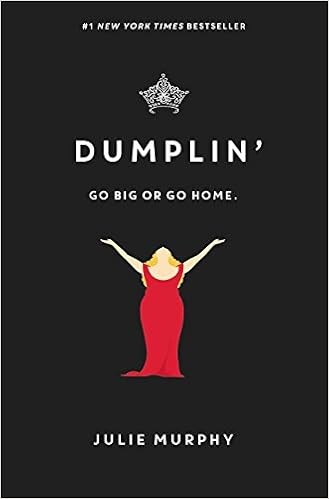1. Why do you think the author tells the story through the two voices of Noah and Jude and at two different ages, i.e. Noah at 13 and Jude at 16?
2. "Love is only half the story" is the quote on the front cover of the book. What do you think this means and what do you think the other half of the story is?
3. When Noah is talking about his father, he says that he draws him "so big I can’t fit all of him on the page, so I leave off his head" (p.15). What does this say about Noah’s relationship with his dad?
4. After the death of their mother and its aftermath, both twins change dramatically in their outlook, behavior and personalities, each becoming something they are not. Why do you think this happens?
5. Jude tells Oscar "I gave up practically the whole world for you. The sun, stars, ocean, trees, everything, I gave it all up for you" (p.365). What was she trying to express to him? What would you give up the sun for and why?
6. In the book, the sculptor Guillermo Garcia is described as "the kind of man who walks into a room and all the walls fall down" (p.177). What does that mean and what does it tell you about him as a character? Can you think of any real people for whom this description might also fit?
7. Ghosts and the supernatural feature prominently throughout the story. How does the book manage to make Grandma Sweetwine, who is dead, such a real, solid character? Do you believe that it is the ghost of her mum that keeps breaking Jude’s sculptures and if so, why do you think she is doing it? What influence does the spirit of Oscar’s mum have?
8. Which is your favorite character in the book and why? How do you feel the main characters deal with their grief and what impact does this have on the other?
9. Prophet the parrot and his "Where the hell is Ralph?" refrain is one of the humorous elements of the story. Why do you think the author included him and what part does he play?
10. The book deals with the big themes in life—grief, sexuality, families, relationships and most of all love, what is one of the central platforms for the characters to express these themes?
11. At the beginning of the book, every time Jude and Noah played rock, scissors, paper, they always chose the same thing (p.25), whereas at the end of the book they chose differently (p.394). What does this say about their future lives and the relationship between them?
12. What did you think about the ending of the book—did it complete the story in a satisfying and believable way for the reader? How might it have ended differently? Write a different ending for the story and let a minor character narrate it.

